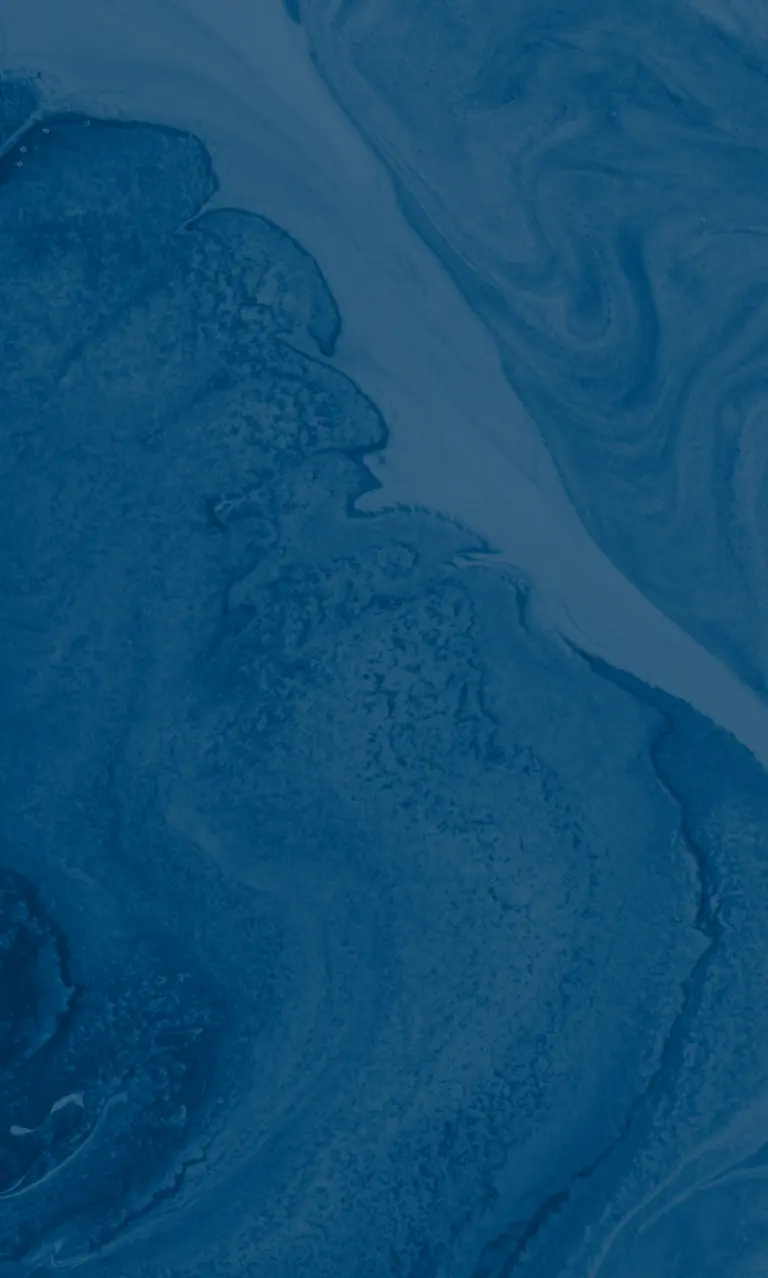Paintclean Eco-friendly anti-fouling paint
Officially recognised in 2006, the PAINTCLEAN project's objective was to develop a new generation of 100% biodegradable marine paint, currently unavailable on the market, which would prevent bio-organisms from attaching to ships' hulls. The project was aimed at perfecting a formulation composed of active molecules able to minimise the formation of a biolfilm, which provides a base for fouling organisms to colonise. The project hoped, too, to contribute to the development of new analytical tools for evaluating and understanding antifouling processes.
PAINTCLEAN has validated a chemical compound and tested formulations at natural sites at Brest, Lorient and in Tahiti, to find out which was the most worthwhile in terms of impact on the marine environment. The project partners also tested the paint's adherence to boat hulls, as well as its application and drying time between tides.
Three full-time posts were created for the realisation of the project. In addition, IPL Bretagne, a PAINTCLEAN project partner, embarked on a new activity involving the development of standardised analytical methods. Scientific publications are in the pipeline and will contribute, in particular, to developing international standards for antifouling paints. The PAINTCLEAN project partners have also worked closely with the related project, ECOPAINT, developed in the PACA region, to perfect an on-site protocol for evaluating the effectiveness of paints.
Scientific research continues: UBS (University of Bretagne Sud, Marine Biotechnology and Chemistry Lab) is testing PAINTCLEAN coatings in the laboratory and is continuing to work with Nautix on the subject of new polymer derivatives with the ultimate aim of marketing innovative products in the coming years. As an extension of the PAINTCLEAN project, the BIOPAINTROP project, which was recently officially recognised by the Pôle Mer Bretagne, Pôle Mer PACA and Pôle QUALITROPIC, aims to perfect eco-friendly antifouling coatings that include active substances sourced in tropical regions (Island of Reunion).
Partners
Entreprise
- Nautix, Guidel [Porteur de projet]
- Naval Group, Brest
Centres de recherche
- Laboratoire de Biotechnologie et Chimie Marines de l'Université de Bretagne Occidentale, Quimper
- Institut Pasteur, Lorient
- Ifremer, Brest
Funders
- Fonds Unique Interministériel
